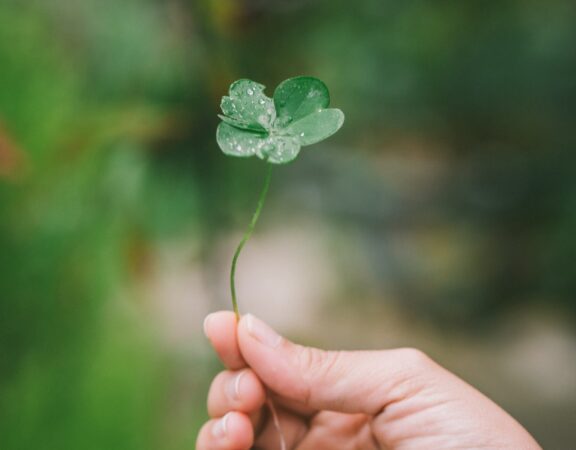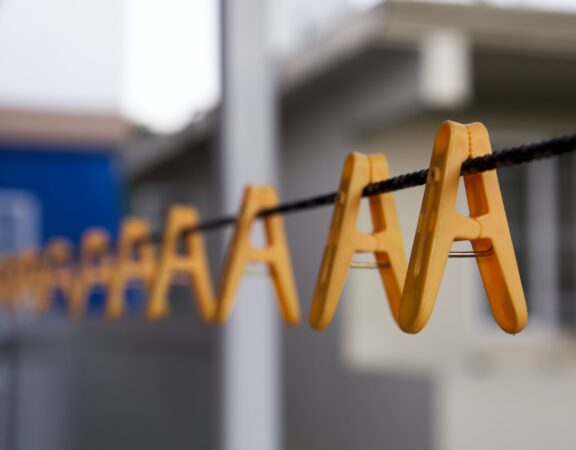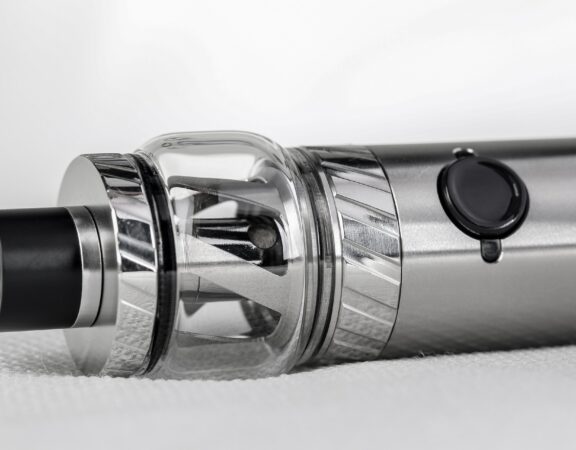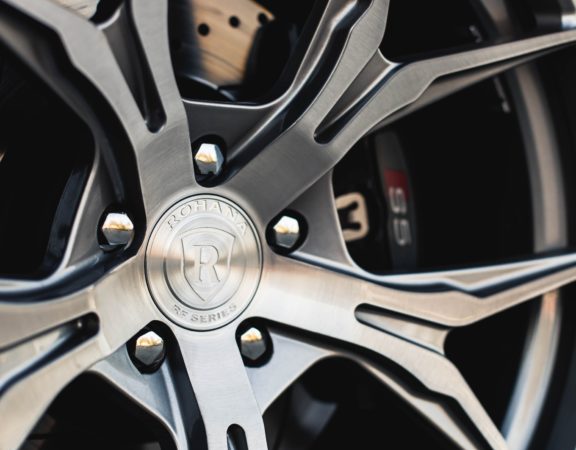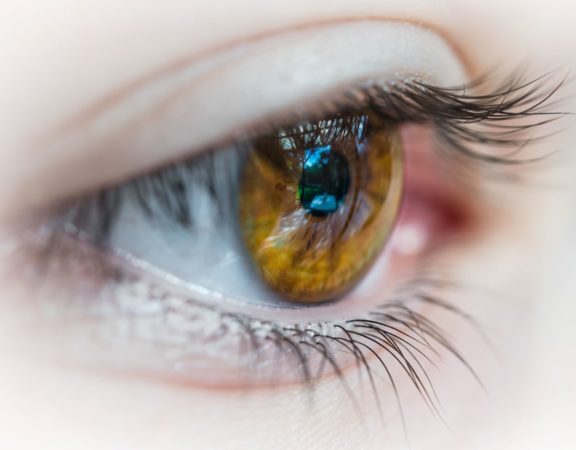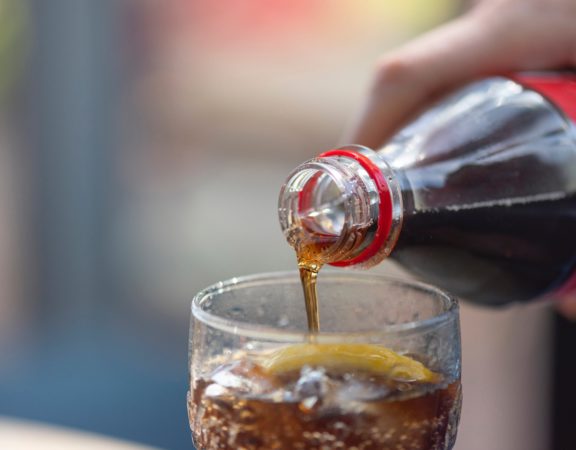- Filter by
- Categories
- Tags
- Show all
- Article
- Confusion
- Contract
- Copyright
- Corporate
- Domain Names
- Employment
- Expungement
- Expungement
- Grey Marketing
- Industrial Designs
- Licensing
- Obviousness
- Opposition
- Passing Off
- Patent
- Patent Infringement
- Patent Strategy
- PCK News
- PM(NOC)
- Procedure
- Prosecution
- Services
- Summary
- Trade Secrets
- Trademark
- Use
- Validity
- Abandonment
- Abstract Theorems
- Abuse of Process
- Accounting of Profits
- Alice/Mayo Test
- Ambiguity
- Anticipation
- Appeal
- Apple
- Artificial Intelligence
- Assignment
- Bargain Theory
- Biosimilar
- Biotech Patents
- Branding
- business
- CAFC
- Canada
- Certificate of Supplementary Protection
- Chemical Patent
- CIPO
- claim
- Claim Construction
- Class Actions
- College of Patent Agents and Trademark Agents
- combination drugs
- Commercial Success
- Common General Knowledge
- Confidential Information
- Confusion
- Contract
- Copyright
- Copyright Infringement
- Costs
- Counterfeit
- Court of Appeals for the Federal Circuit
- COVID-19
- Damages
- Data Protection
- Design Patents
- Distinctiveness
- Diversity
- DNA Patents
- Domain Names
- Dosage Range
- Double Patenting
- Due Care
- E-Commerce
- Enablement
- Estoppel
- Evidence
- Expert Evidence
- Fair Use
- Federal Court
- Federal Court of Appeal
- File Wrapper Estoppel
- Food and Drug Regulations
- Fraud
- funding
- Generic Drugs
- Hague Agreement
- Indefiniteness
- Induced Infringement
- Industrial Designs
- Injunction
- Innovation
- Innovative Drugs
- Insufficient Disclosure
- Intellectual Property
- Inter Partes Review
- Investors
- IP Litigation
- IP Strategy
- IP Treaty
- IPIC
- Jurisdiction
- Law Firm
- Licensing IP
- Madrid Protocol
- Methods of Medical Treatment
- Non-Infringing Alternative
- Non-Practicing Entity
- Novelty
- Obviousness
- Official Marks
- On-Sale Bar
- Overbreadth
- Ownership & Inventorship
- Passing Off
- Patent Act
- Patent Agent
- Patent Appeal Board
- Patent Application
- Patent Drafting
- Patent Fees
- Patent Infringement
- Patent Law
- Patent Lawyer
- Patent Litigation
- Patent Prosecution
- Patent Rules
- Patent Strategy
- Patent Term Adjustment
- Patent Textbook
- Patent Trolls
- Patent Validity
- Patentable Subject Matter
- Patents
- PCT
- Pharmaceutical Patent
- Pharmaceutical Pricing
- PM(NOC)
- PMPRB
- Prior Art
- Prior Disclosure
- prior use
- Priority
- Privilege
- Product Specificity
- Promise Doctrine
- Provisional Patent
- Punitive Damages
- Reinstatement
- Remedies
- SCOTUS
- Selection Patent
- Software
- Software Copyright
- Software Patent
- Sound Prediction
- Springboard Profits
- SRED
- Standard of Review
- Start-up
- Startups
- Supreme Court of Canada
- Technology
- Trade Secrets
- Trademark
- Trademark Agent
- Trademark Expungement
- Trademark Infringement
- Trademark Law
- Trademark Opposition
- Trademark Registration
- Trademarks Act
- United States
- Use
- USPTO
- Utility
November 16, 2023
November 16, 2023
Fed. Cir. No. 2021-2299, 2021-2338: This is the second time the Court of Appeals for the Federal Circuit has reversed a finding of infringement and sent the design patent back to lower courts.
October 17, 2023
October 17, 2023
Fed. Cir. 2022-1387, 2022-1492: In a recent decision, the Court of Appeals for the Federal Circuit cautioned patent holders against broadening amendments.
August 30, 2023
August 30, 2023
Fed. Cir. 2021-2063, 2021-2065: Sales of a product can be used to prove the inventiveness of a patent, but a US court warns that free samples are not relevant to patentability.
May 11, 2023
May 11, 2023
Since 2020, the USPTO has been denying requests for post-grant validity challenges based on the controversial Fintiv rule.
May 2, 2023
May 2, 2023
Fed. Cir. No. 2021-2320, 2021-2376: Typically patent drafters omit phrases like “at least one” from patent claims to improve readability, but a recent court decision may reverse the trend.
March 7, 2022
March 7, 2022
Travel Sentry, Inc. v David A. Tropp, No. 2021-1908 (Fed. Cir., Feb. 14, 2022). The patents claimed an economic practice and method of organizing human activity, which is not subject-matter that can be protected under the patent system.
February 24, 2022
February 24, 2022
The US CAFC ruled that an examiner is a "person of ordinary skill in the art" and is owed an appropriate level of deference.
October 5, 2021
October 5, 2021
Fed. Cir. No. 19-2286: The actual notice requirement of § 287 is only satisfied when the recipient is informed of the identity of the patent and the allegedly infringing activity.
July 7, 2021
July 7, 2021
Fed. Cir. No. 2020-1760: The CAFC sided with Apple and Samsung, finding a patent for an “improved” digital camera to be an abstract idea and not patent-eligible subject matter.
September 10, 2020
September 10, 2020
Fed. Cir. 2019-1622: The CAFC found the same preamble created different limitations for different patents, limiting one patent but not the other.
August 10, 2020
August 10, 2020
Fed. Cir. 2019-2041 - The CAFC held that Packet Intelligence was precluded from claiming $3.5M in pre-suit damages because the marking requirement was not met.
April 16, 2020
April 16, 2020
Fed. Cir. 2018-2097 — The CAFC ruled that Valeant's patent for Relistor(R) is prima facie obvious based on similar compounds with overlapping pH ranges.
December 19, 2019
December 19, 2019
Fed. Cir. 2018-2087 - Plastic Omnium was unsuccessful in proving patent infringement because the patents used a "special definition" of the word "parison".
November 14, 2019
November 14, 2019
Fed. Cir. 2019-1803 – CAFC sides with Airbus, finding that prior art references may be analogous even if they are outside the "field of endeavour."
October 11, 2019
October 11, 2019
CAFC 2018-1763 – In fiercely dissented decision, a top US court has invalidated an automotive patent, further extending the reach of the controversial §101.
September 20, 2019
September 20, 2019
CAFC 2018-2207 – The US Court of Appeals for the Federal Circuit ruled that “wherein” clauses in patent claims can be limiting if they are material to patentability.
September 6, 2019
September 6, 2019
CAFC 2018-2091 – The Federal Circuit refused to grant lost profits and joint ownership to ScentSational Technologies for their scent-releasing bottle cap.
July 22, 2019
July 22, 2019
CAFC warns that the distinction between assignment and license cannot be determined by “formalities or magic words.”
June 4, 2019
June 4, 2019
Fed. Cir., 2018-1434 - CAFC clarifies the test for obviousness where the invention claims a use of a known drug.
November 23, 2015
November 23, 2015
The CAFC has now granted a petition for a rehearing the case on this issue of whether or not the sale of bivalirudin from the supplier gave rise to an on-sale bar.

